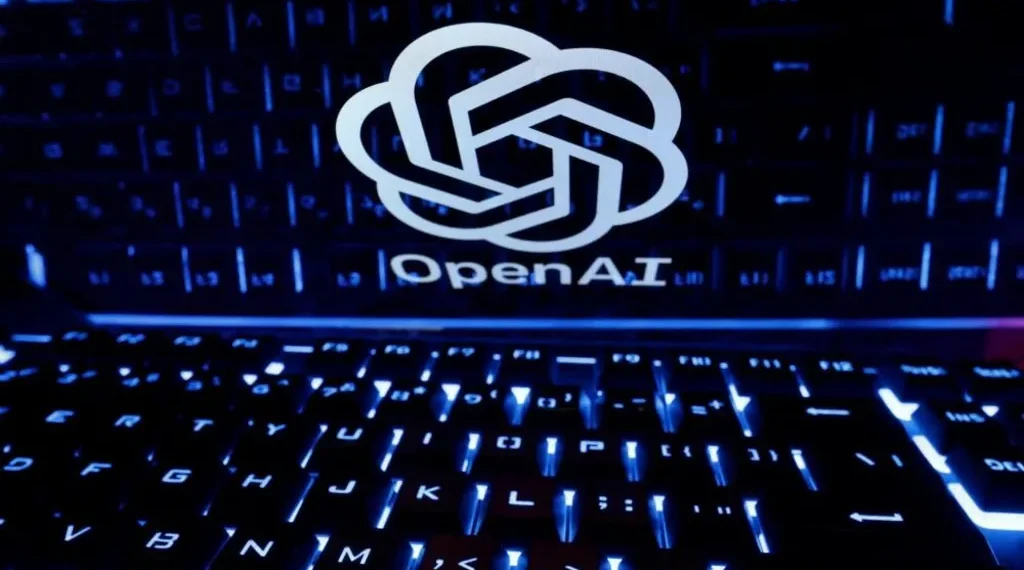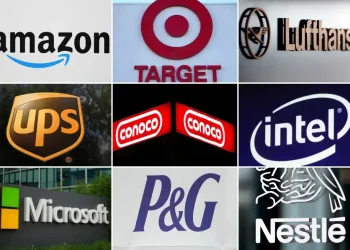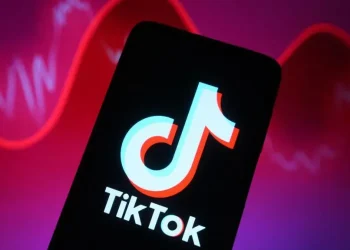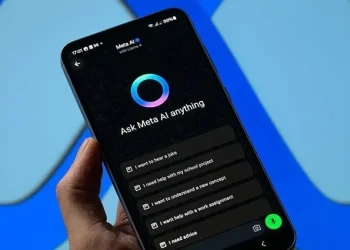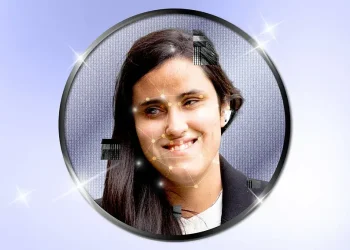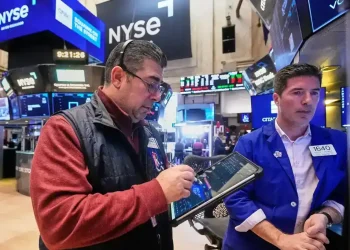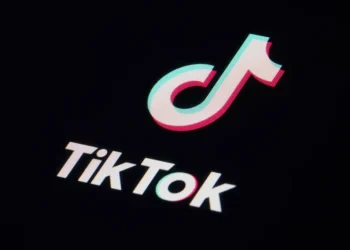OpenAI Sues Elon Musk, Accusing Him of ‘Bad-Faith Tactics’ to Gain Control of AI
In a dramatic twist to the ongoing feud between OpenAI and Elon Musk, the AI company is now countersuing the Tesla CEO, accusing him of using “bad-faith tactics” to slow down its progress and seize control of cutting-edge artificial intelligence technologies for his personal gain.
The lawsuit adds fuel to a high-stakes battle that has been brewing for years between two Silicon Valley giants—Musk and OpenAI’s CEO, Sam Altman. The conflict revolves around Musk’s claims that OpenAI has drifted from its non-profit mission to become a for-profit entity. Musk co-founded OpenAI with Altman but left the company in 2018.
In a statement on Wednesday, OpenAI hit back hard, claiming Musk’s actions were a deliberate attempt to “slow down” the company’s growth for his own advantage:
“Elon’s nonstop actions against us are just bad-faith tactics to slow down OpenAI and seize control of the leading AI innovations for his personal benefit. Today, we countersued to stop him.”
This countersuit opens a new chapter in a saga that is quickly becoming one of the most high-profile tech battles of the decade. Musk’s original lawsuit, filed last year, sought to block Altman’s efforts to change OpenAI’s corporate structure, transitioning the company from a non-profit to a for-profit model.
The legal tug-of-war shows no signs of slowing down, with a trial date set for March 2026. The suit is moving quickly, with a federal judge in Oakland, California, already setting the date in an attempt to fast-track the case. Judge Yvonne Gonzalez Rogers also denied Musk’s request for an injunction to halt OpenAI’s conversion to a for-profit structure, which he claims breaches OpenAI’s founding mission to develop AI for the public good.
Musk argues that OpenAI’s shift away from a non-profit status violates its original contract and is detrimental to humanity. Despite this, OpenAI insists that Musk’s real motivation is not about the mission, but rather about control and profit.
According to Ari Lightman, a digital media professor at Carnegie Mellon University, the root of the conflict is about power and control:
“This is about control. This is about revenue. It’s basically about one person saying, ‘I want control of that start-up.'”
Lightman suggests that this feud is distracting from the bigger issues—namely, making AI safe and equitable for the public.
“That takes a backseat with all this rigmarole over control and monetization.”
While Musk has shifted his focus to building his own AI company, xAI, it is still playing catch-up with OpenAI. Last month, xAI made headlines when it acquired X (formerly known as Twitter), the social media platform Musk owns. Musk claims the combined value of his ventures—now called XAI Holdings—surpasses $100 billion.
Earlier this year, Musk made a surprise bid to buy OpenAI, offering a whopping $97.4 billion. However, Altman rejected the offer, humorously replying: “No thank you, but we will buy Twitter for $9.74 billion if you want.”
Musk’s lawyer, Marc Toberoff, responded to the rejection in a statement to the BBC, insisting that OpenAI’s board had failed to properly consider the bid:
“Had OpenAI’s Board genuinely considered the bid, as they were obligated to do, they would have seen just how serious it was.”
Toberoff added that OpenAI’s leadership seemed more interested in negotiating within its own circle than engaging in a legitimate transaction that would benefit both the company and the public.
As this legal battle continues, the future of OpenAI and Musk’s vision for AI remains uncertain. The outcome of this showdown could have far-reaching implications for the tech industry, the development of AI, and the ongoing debate over whether artificial intelligence should be developed by private entities or for the public good.
This article was rewritten by JournosNews.com based on verified reporting from trusted sources. The content has been independently reviewed, fact-checked, and edited for accuracy, neutrality, tone, and global readability in accordance with Google News and AdSense standards.
All opinions, quotes, or statements from contributors, experts, or sourced organizations do not necessarily reflect the views of JournosNews.com. JournosNews.com maintains full editorial independence from any external funders, sponsors, or organizations.
Stay informed with JournosNews.com — your trusted source for verified global reporting and in-depth analysis. Follow us on Google News, BlueSky, and X for real-time updates.
